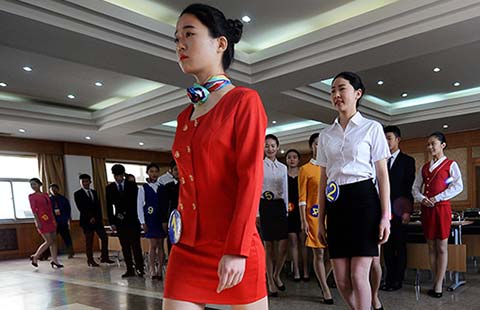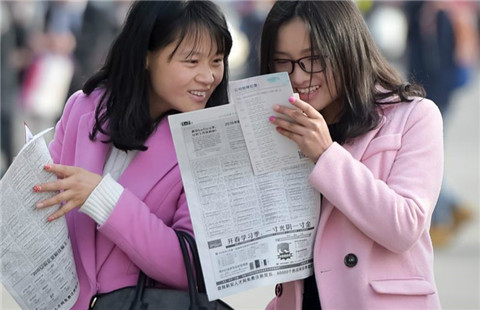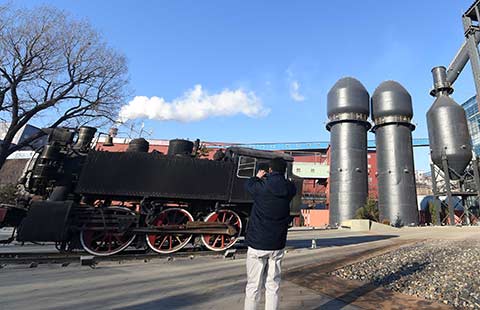China's new office supply in 2015 sees historically high absorption
By Zheng Xin (chinadaily.com.cn) Updated: 2016-02-23 14:14Continued delivery of massive new office supply in China's first tier cities mostly met with substantial pre-leasing commitment and absorption, mainly from financial services and IT sector occupiers in 2015.
While continued growth in supply was an important factor contributing to the spike in leasing activity in the fourth quarter, many other factors also came into play, including the growing trend for cost-sensitive companies to relocate to secondary hubs and business parks, according to Cushman & Wakefield, a global leader in commercial real estate services.
At the same time, the inevitable rise in availability levels prompted by these completions has brought downward pressure to bear on rents. However, in half of the 16 cities tracked, mostly first tier cities, Grade A rents actually continued to rise, despite the upward pressure on availability levels.
"Across the 16 cities tracked, nine cities witnessed triple-digit year-on-year growth in leasing activity in 2015, with Changsha, Chongqing, Nanjing, Qingdao, Shanghai, Tianjin, and Xi'an all recording net absorption within the year at historically unprecedented levels," said Andrew Ness, Head of Research, Greater China, DTZ/Cushman & Wakefield.
"To no small extent, this surge in office leasing activity was driven by the ongoing wave of office completions, and further boosted by the multiplier effect it had on occupiers' choice of destinations for flight to cost savings or quality moves, which in many markets were possible to combine in one stroke."
Ness also added that not every market witnessed a surge in office leasing activity and completions in the run-up to the end of 2015, and a number of the relatively less heavily transacted markets still witnessed a markup in rents.
Drilling down to office leasing market performance in 2015, Cushman & Wakefield said the overall market direction has been mixed, with 9 of the 16 markets recording a generally moderate rise in office market rentals year-on-year and 7 markets recording varying degrees of decline.
However, the difference in the supply and demand dynamic varies widely between China's individual office leasing markets, it said.
- New securities chief faces challenge in restoring confidence
- IMF chief says better policy communication vital for China's economic transition
- China's machinery industry cools in 2015
- Chinese brand passenger vehicles sales gain record market share in January
- Global asset price turbulence brings challenges, opportunities to China
- No need for panic about China's economy
- Third batch of FTZ likely to be unveiled after 'two sessions'
- The life of a yuesao
- China sets timetable for rural power grid upgrades
- China's economic transition ultimately benefits global economy: US Treasury official
- Nippon Paint's new electro deposition coating promotes green automobile production technology
- China to eliminate outdated coal production capacity by 60m tons in 2016
- China opens more inbound duty free shops
















